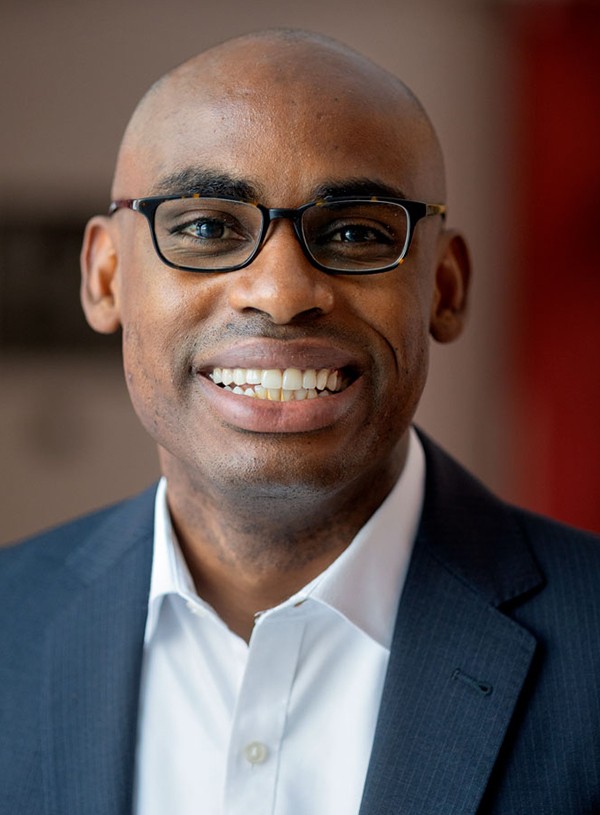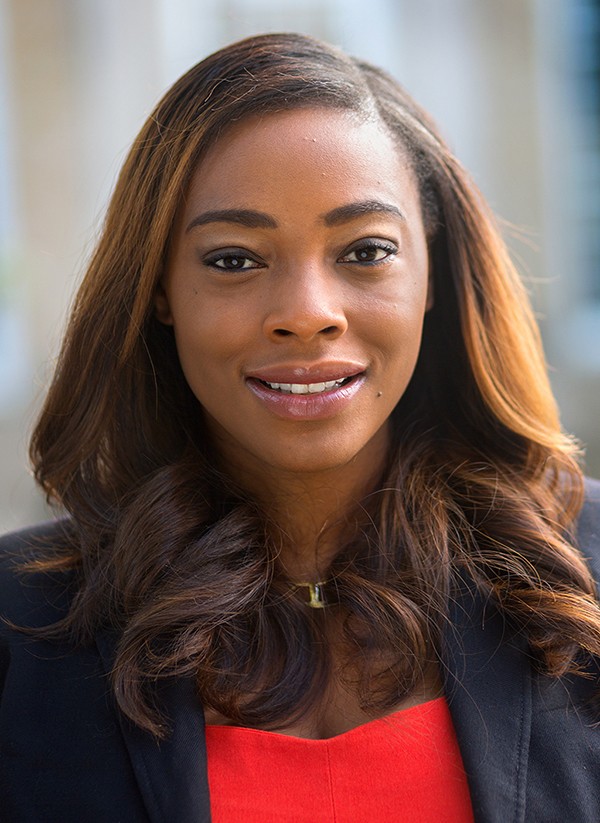When the late social scientist Kurt Lewin joined Cornell's faculty after fleeing Nazi Germany in the 1930s, he began to view research as a way of directly helping people whose lives were made difficult by marginalization or oppression. Later in his career, he coined the term "action research," seeing it as a collaboration between researchers, policymakers and those whose lives could be improved through the work.
Nine decades later, Cornell researchers Neil Lewis Jr. '13 and Tashara Leak are breathing new life into Lewin's bold idea.
The Action Research Collaborative (ARC), established this month, will serve as an institutional hub for cross-campus collaborations between Ithaca and New York City, and wherever else those partnerships may develop. A dedicated team of researchers - students, postdoctoral fellows and faculty - will support action research projects, and evaluate their effects on relevant outcomes.
Lewis, assistant professor in the Department of Communication in the College of Agriculture and Life Sciences (CALS) and Leak, assistant professor in the Division of Nutritional Sciences in the College of Human Ecology (CHE), will serve as co-directors of ARC.
"The goal," Lewis said, "is to have this standing institutional home that can support action research projects that bring together researchers, community members and policymakers, to be able to work together and address pressing issues as they arise."
"This is a high priority for the university, but the actual infrastructure for it was lacking," Leak said. "With this initiative, we can share resources and encourage more collaborative activities."
ARC is the result of two years of planning by Lewis and Leak, along with:
- Rachel Dunifon, the Rebecca Q. and James C. Morgan Dean of CHE;
- Benjamin Houlton, the Ronald P. Lynch Dean of CALS;
- Eve De Rosa, dean of faculty, associate professor of psychology and CHE Dean's Fellow of Racial and Social Justice; and
- Anthony Burrow, the Ferris Family Associate Professor of Life Course Studies in the Department of Psychology, and director of the Bronfenbrenner Center for Translational Research (BCTR).
"Our dialogue," De Rosa said, "began with a palpable, collaborative spirit around providing resources to scholars who engage directly with communities."
The collaborative will be housed at both BCTR and at 570 Lexington Ave. in New York City. Lewis and Leak both have faculty appointments in the Division of General Internal Medicine at Weill Cornell Medicine, and already split their time between Ithaca and New York.
"The College of Human Ecology has always been at the forefront of public engagement, and ARC represents another important milestone in our college's commitment to develop community-based research collaborations to improve human lives," Dunifon said. "Human Ecology is excited to partner with CALS on this initiative, and to see ARC grow and evolve over the coming years."
Said Houlton: "This collaborative will further leverage cross-disciplinary and community engaged research for impact across colleges, with a focus on justice and equity in New York City."
ARC will allow researchers and practitioners to use scientific evidence to inform decision-making, policy and programs, said Burrow, also the Ferris Family Associate Professor of Life Course Studies (CHE).
"That the BCTR will serve as a home for this exciting collaborative is both an honor and affirmation of our center's long-standing vision that research steeped in authentic community engagement is a promising pathway to improving lives," Burrow said.
One of ARC's core principles will be equity - in deciding what projects to take on, and in coming up with solutions.
"There are lots of efforts to make things happen in crisis situations, and equity is always the afterthought," Lewis said. "It's like, 'Oh, now we realize we're exacerbating preexisting inequalities. Now, let's try to fix it.' No, we have to think about that up front."
"By creating this collective effort," Leak said, "it could be much more responsive. I think it's a great way to solve problems, where you're not just relying on one person or one faculty member; it's more like a think tank."
Nearly a century ago, Lewin defined action research as "a comparative research on the conditions and effects of various forms of social action, and research leading to social action." Lewis and Leak are taking a similar approach.
"Back then, Lewin was thinking about how these social issues disproportionately affect marginalized communities, and he pioneered this idea that researchers in communities and policymakers should work together to solve these issues," Lewis said. "That started here at Cornell; it's all coming full circle."








